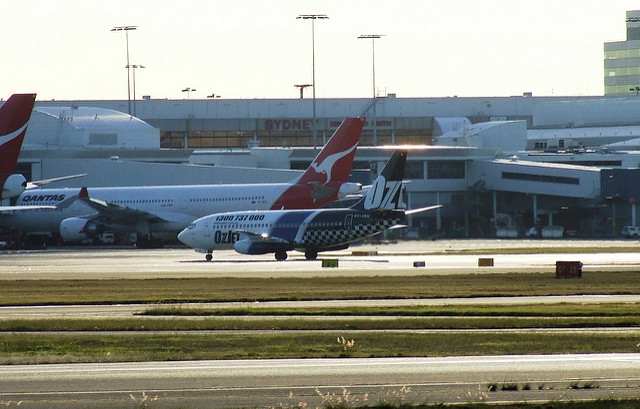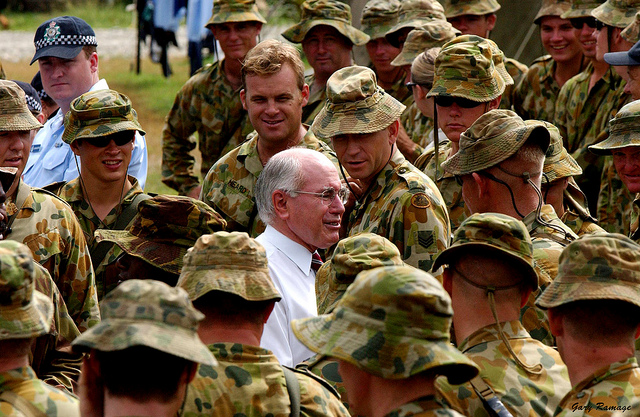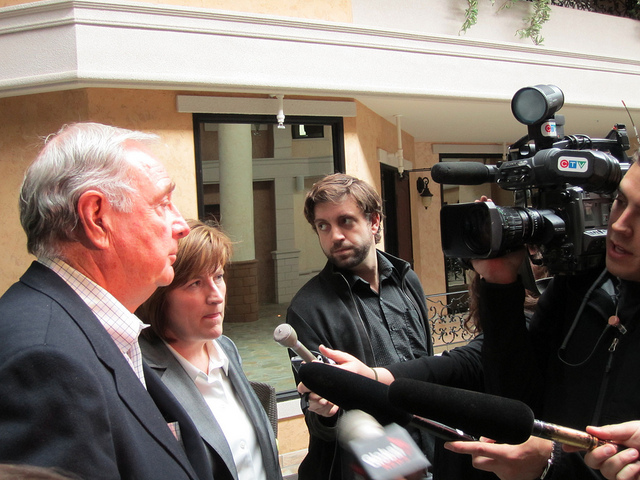The U.S. Immigration and Naturalization Service estimates that more than 7 million illegal immigrants are currently living in the country. A recent report by the Pew Hispanic Center calculated the number of undocumented immigrants at 10.3 million.
Topical:
Immigration news
According to a recent report by the Australasian Institute of Mining and Metallurgy, the resources industry in Australia is currently facing a skills shortage that has seen vacancies for skilled tradespeople such as electricians and for industry-specific professionals such as mining engineers and metallurgists, go unfilled.
The report, "Education and Development of Expertise for the Resources Industry" was from the First Extractive Metallurgy Operators' Conference held from 7 - 8 November 2005 in Brisbane, Queensland.
A shrinking labor force is the number one challenge facing the global hospitality industry, according to the International Society of Hospitality Consultants, which recently convened to brainstorm world issues and rank them according to importance.
Employers are beginning to feel the effects of a shrinking labor force in the service industries, but few of us understand the causes of a smaller workforce. Some major countries are in real trouble in the decades ahead. This report explores effects, causes and offers a solution for certain countries to better compete in the world marketplace.
A new work permit policy came into effect on 19 December 2005 in New Zealand specifically for Samoans and Pacific Islanders.
Under the new work permit policy, people from Samoa and the four Pacific Access Category (PAC) countries of Tonga, Fiji, Tuvalu and Kiribati who were in New Zealand lawfully at the time were invited to apply by 31 March 2005 for residence.
Canadian Prime Minister Paul Martin is promising to phase out a hated immigration landing fee he imposed in 1995, his latest effort to gather support for his party among new Canadians.
Martin now calls the $975 fee a barrier to immigrants entering Canada, particularly immigrant families. In his 1995 budget, Martin imposed the fee to help pay for settlement services for newcomers, although opponents condemned it as a simple money grab.
"The fact is, that was then, and the financial conditions in the country have changed much for the better," Martin told reporters.
British universities are short of lecturers to teach maths, physics, chemistry and engineering, a report on the UK's academic workforce revealed.
For the past 10 years, universities have been trying to cope with growing student numbers by hiring more foreign academics. The number of academics from eastern and central Europe tripled between 1995 and 2003, while twice as many came from western Europe and Scandinavia and there were substantial increases in lecturers from Asia, Australasia and North America.





